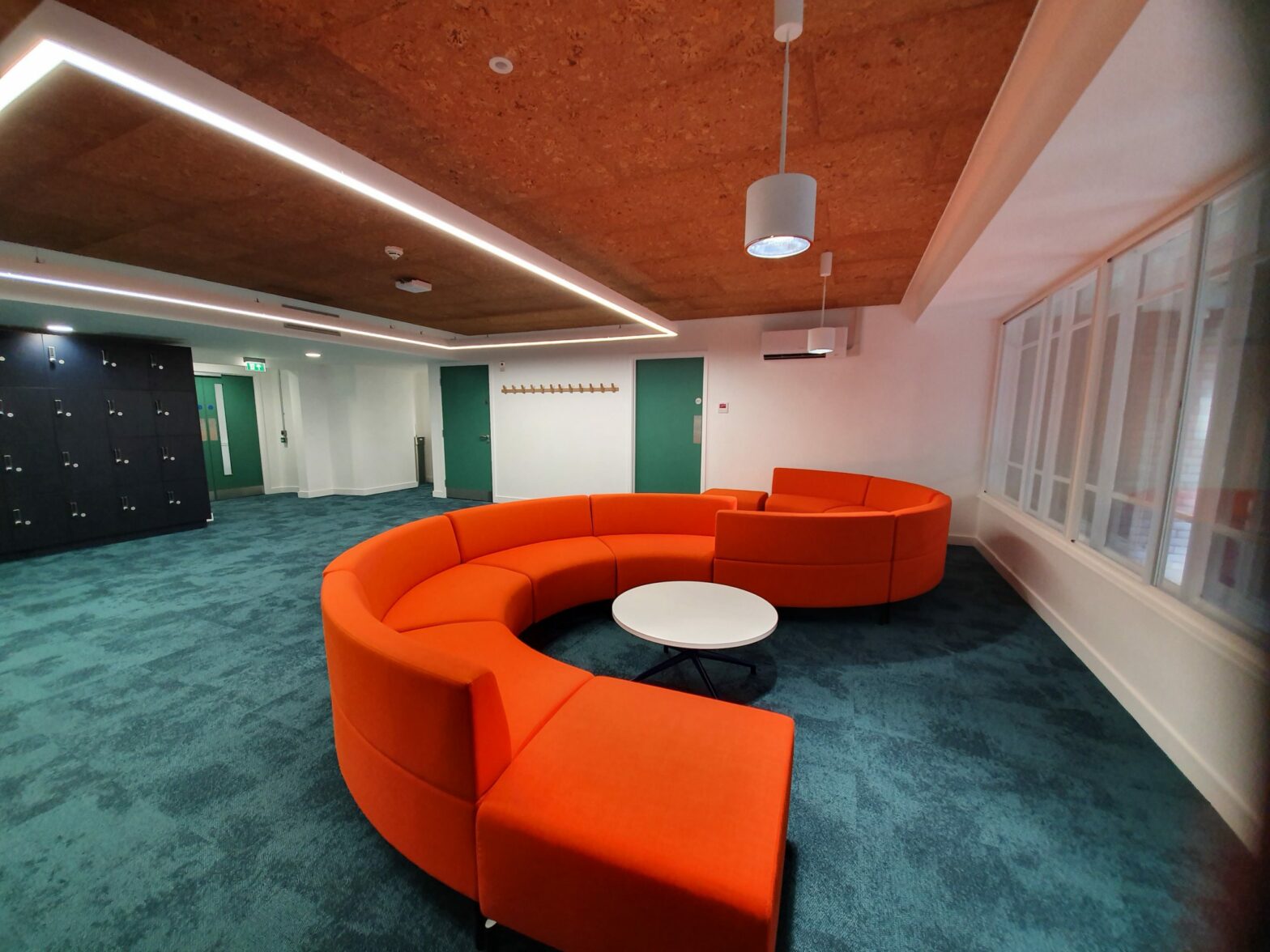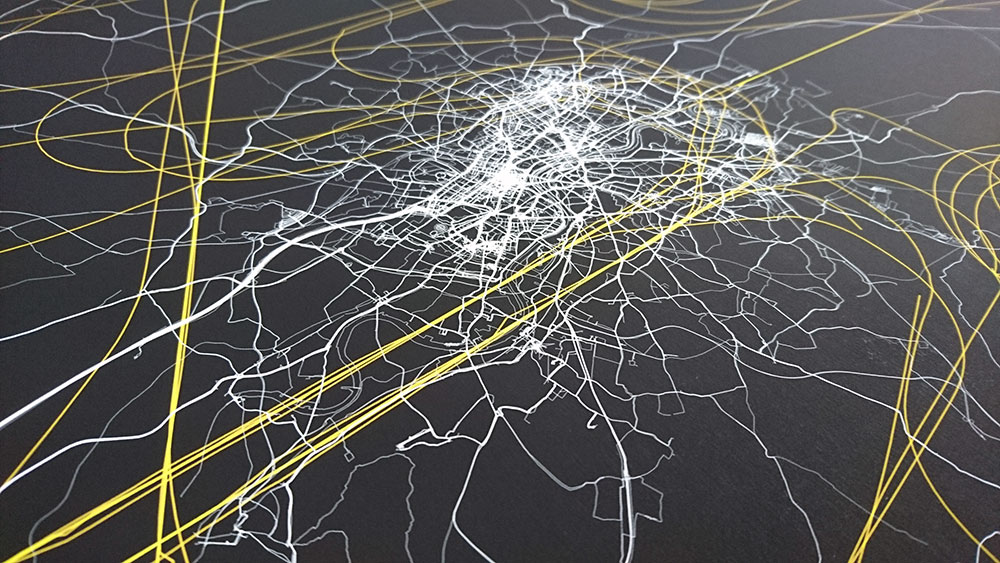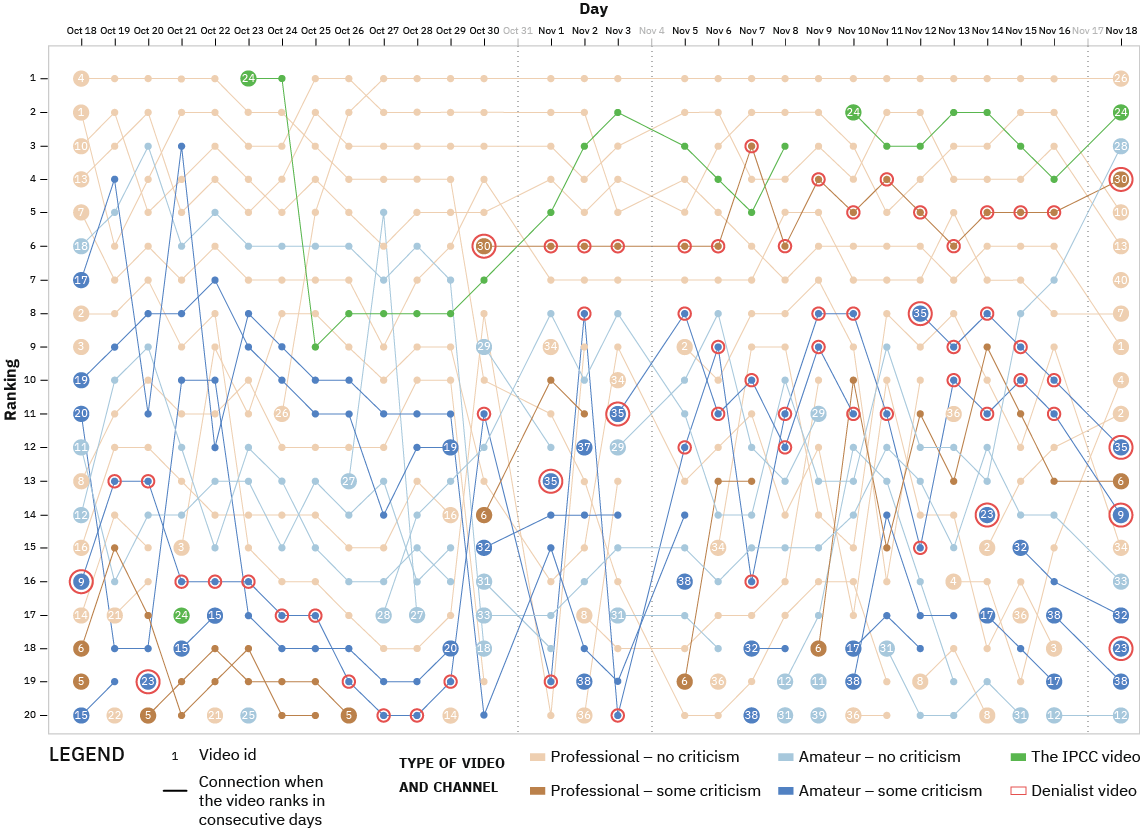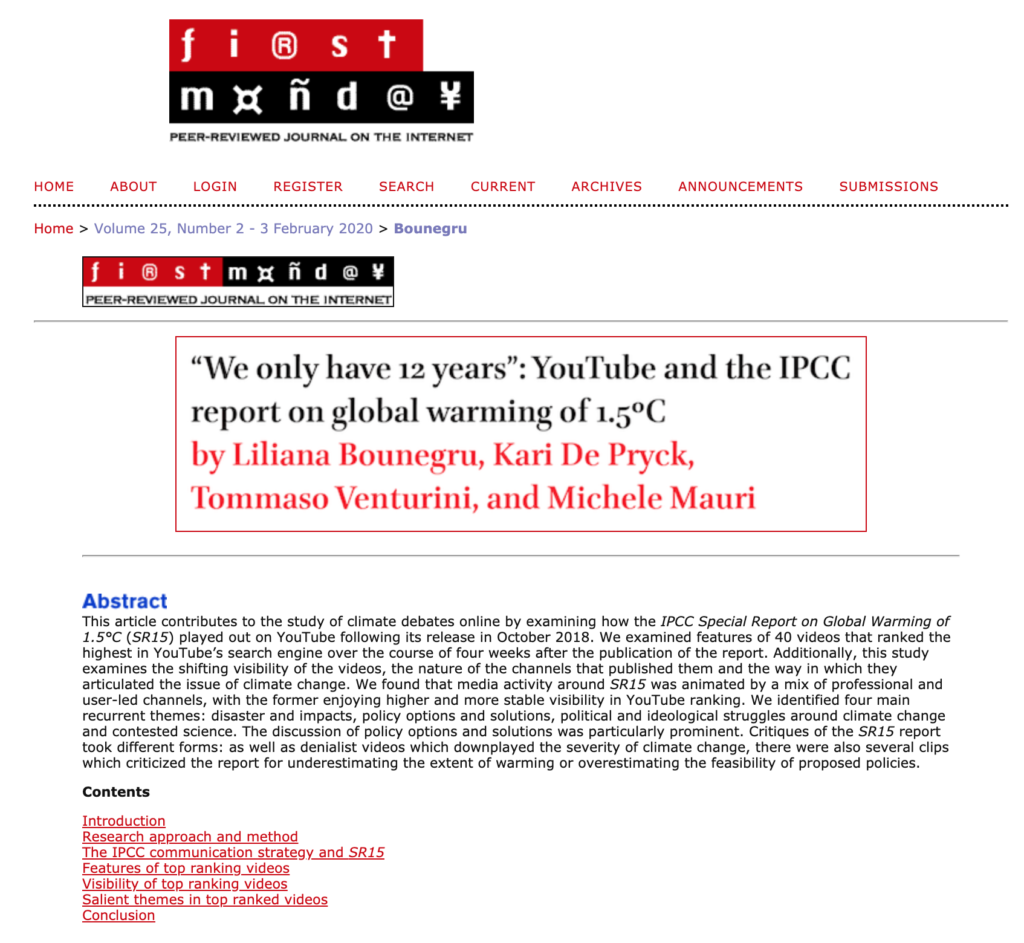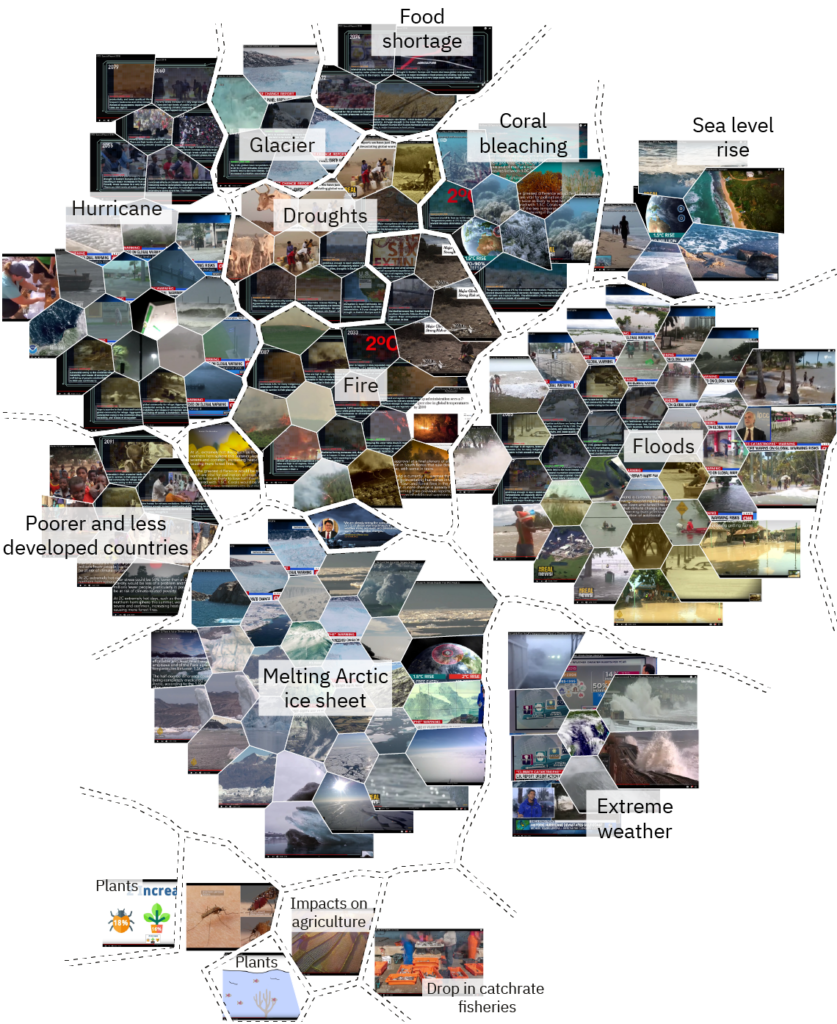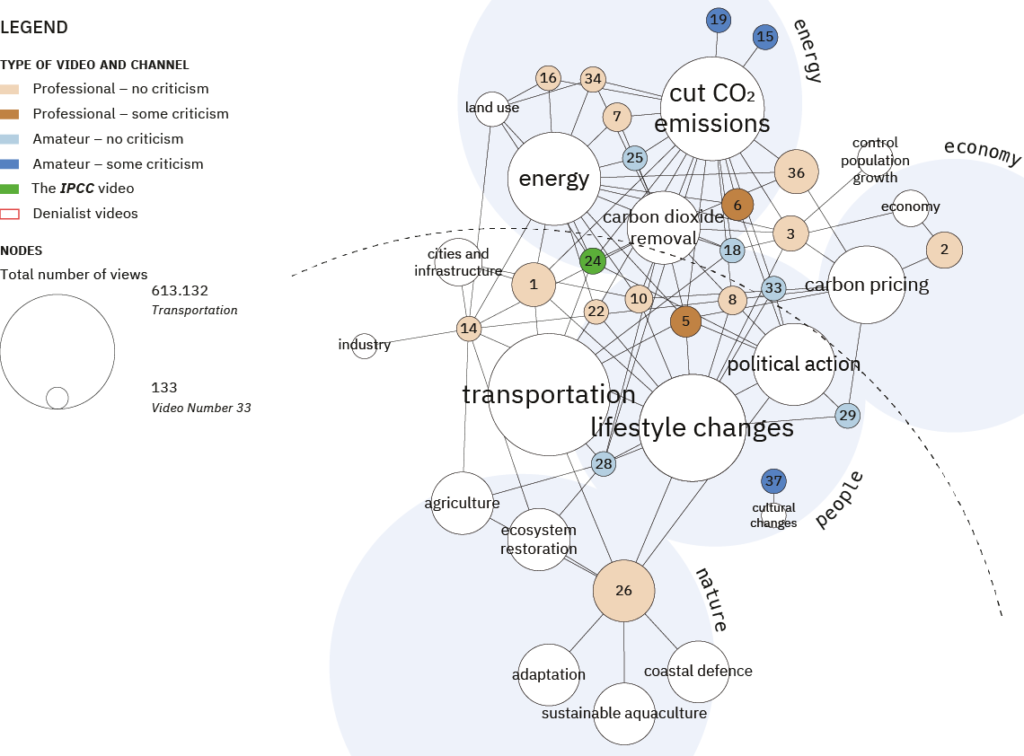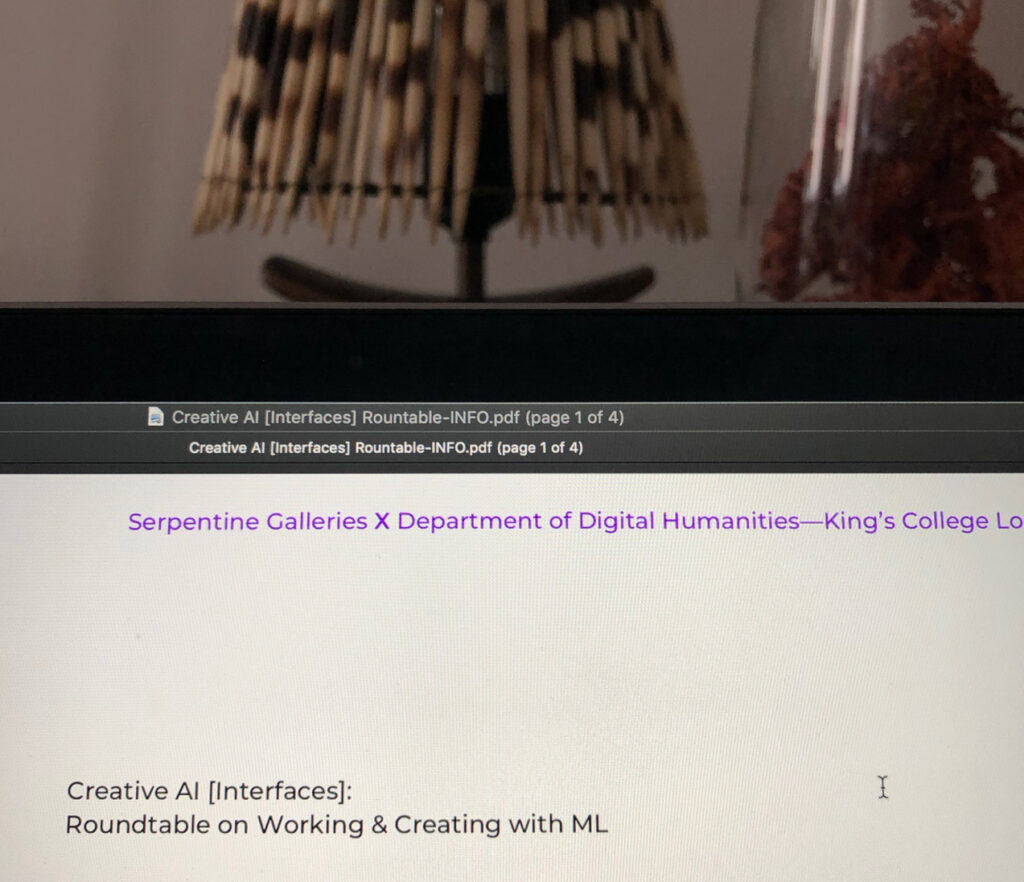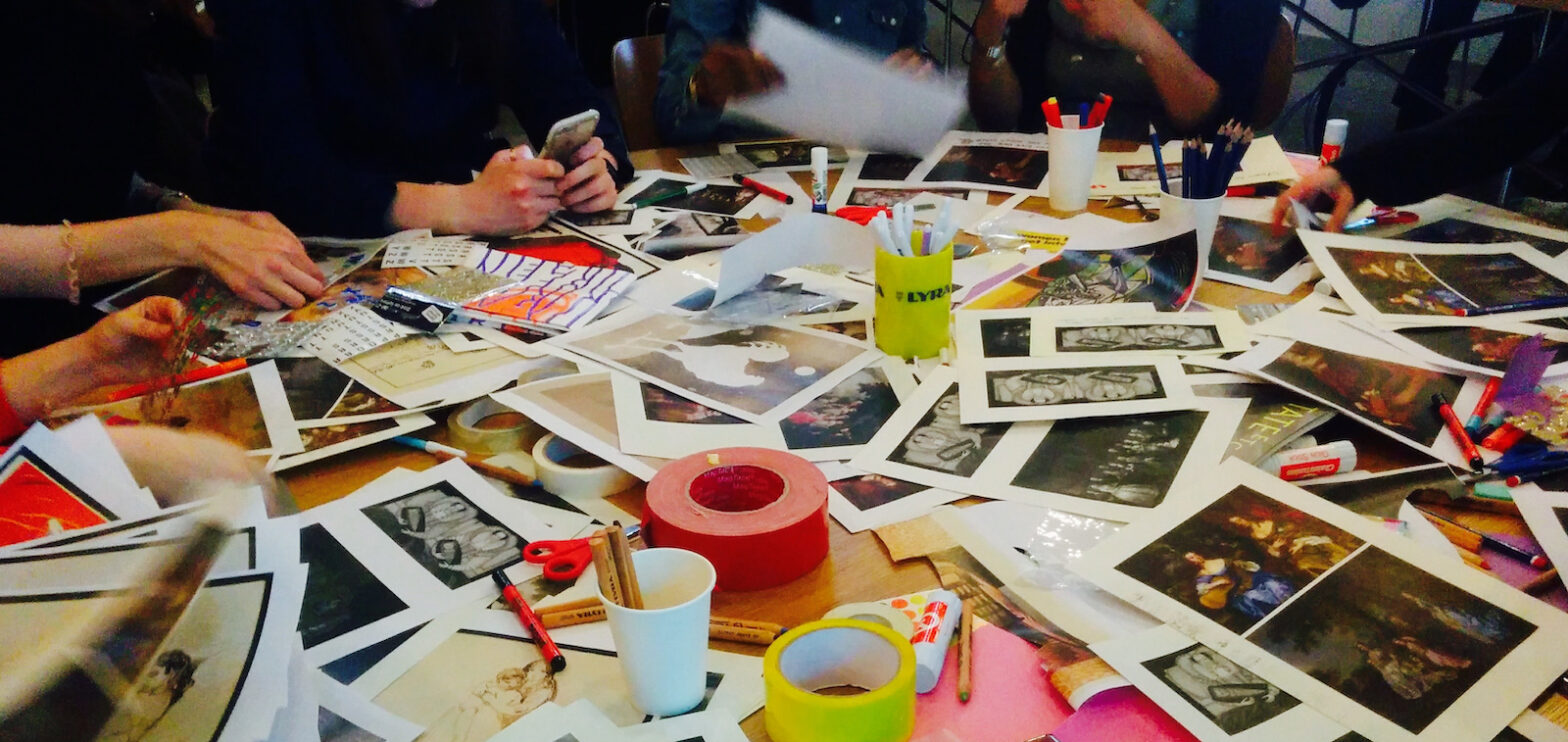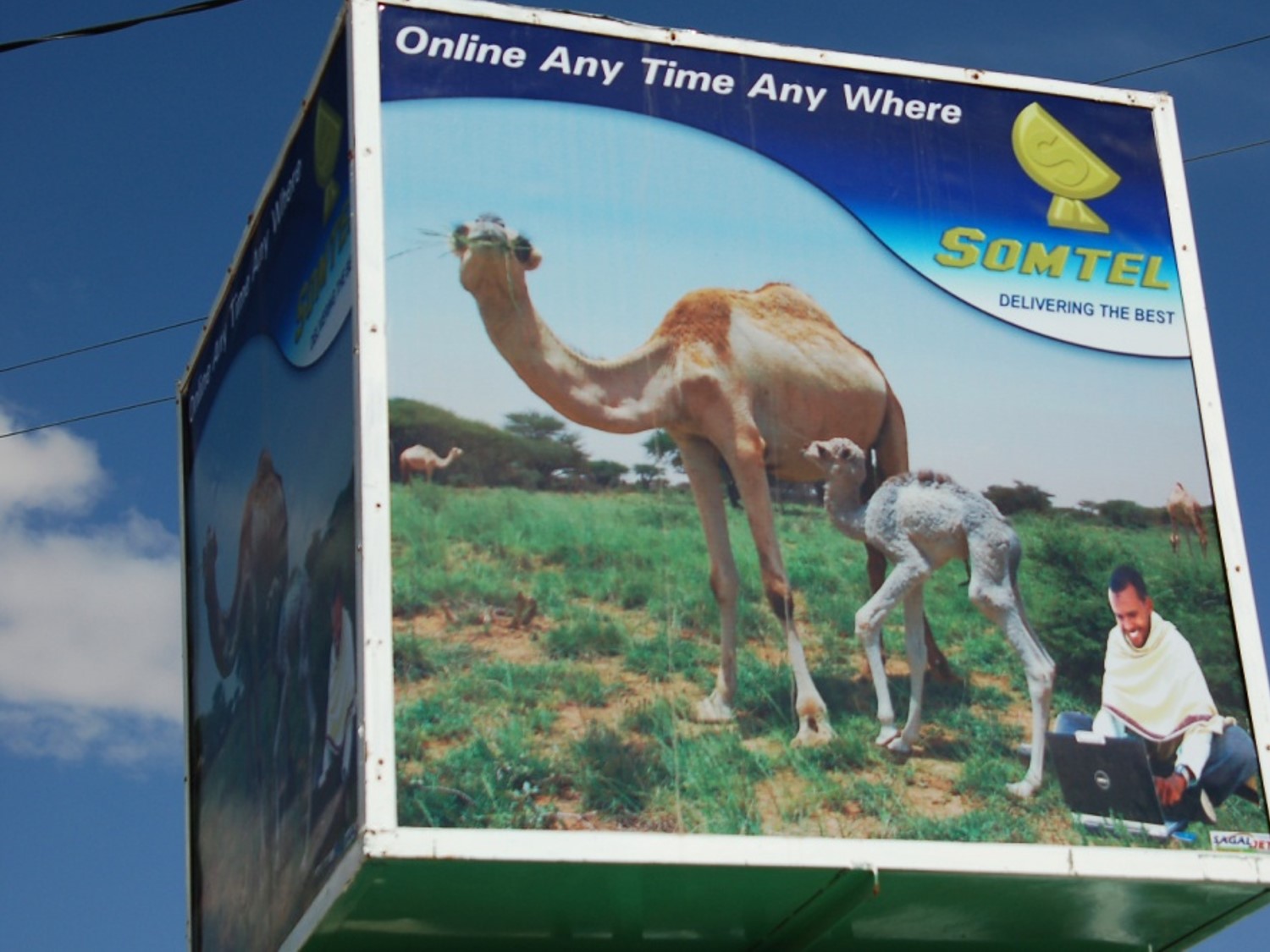We are pleased to announce that Dr. Cécile Malaspina will be joining us as a Visiting Researcher in the Department of Digital Humanities at King’s College London. I know many of you will already know of Cécile’s work, not least of which is her important translation of Gilbert Simondon’s On the Mode of Existence of Technical Objects as well as her recent book An Epistemology of Noise: Philosophy, Digital Culture and Artistic Experimentation. She was recently elected to a six-year chair as a London-based Program Director Abroad for the prestigious College International de Philosophie, Paris, which was established by Jacques Derrida and others in the 1980s. Our department, along with French and Philosophy, will provide a London home for her chair, and this will entail hosting regular public seminars over the next three years exploring the the crossroads of philosophy, technology, the digital and the arts. This will resonate with the research of many in our department and you are all cordially invited to attend.
Cécile will kick off An Aesthetics of Noise on Thursday 27 February 2020 from 17:00-19:00 in the Embankment Room (https://www.eventbrite.co.uk/e/an-aesthetics-of-noise-open-access-seminar-tickets-92982355729).
More about Cécile’s research interests can be found in her bio below and she has asked that I extend a heartfelt invitation to all colleagues who may be interested in collaborating, discussing shared research interests or simply meeting for a coffee to chat.
– Mark Coté
Cécile Malaspina is a leading scholar on the work of the French philosopher of technology Gilbert Simondon, among other things having translated his important monograph On the Mode of Existence of Technical Objects. She has recently been elected to the executive board of the Collège International de Philosophie (CIPh) and to the editorial board of its journal, Rue Descartes. This highly prestigious research institution was co-founded in 1983 by Jacques Derrida, François Châtelet, Jean-Pierre Faye and Dominique Lecourt with a mandate for the independent and intersectional exploration of philosophy, and to hold seminars that are free and open to the public. Cécile was nominated to a six-year chair as Program Director Abroad. She will start a seminar series for the CIPh at King’s College, open to the entire King’s community and the wider public, with the aim to establish a close partnership between the CIPh and King’s College.
Her seminar, An Aesthetics of Noise: Philosophy, Digital Culture and Artistic Experimentation, will invite emergent and prominent thinkers to reflect on the aesthetic dimension of ‘noise’ in science, technology and the arts. How do these domains redraw the conditions of possible experience? How do we judge the singularity of experience in an age not of enlightenment, but of complexity and noise? Cécile has previously published An Epistemology of Noise. With this seminar she turns her attention to the what is singular in experience, to the new dimensions of perception or aísthēsis (αἴσθησῐς) afforded by technological mediation, as well as scientific and artistic creativity. Cécile is qualified as maître de conferences in philosophy and epistemology, history of the sciences and technology by the French ministry for education. She holds a doctorate summa cum laude in Epistemology, Philosophy and History of Science and Technology from Paris 7 University Denis Diderot. Cécile is a member of the editorial boards of the journals Rue Descartes and Angelaki: Journal of the Theoretical Humanities, as well as of the independent publisher Copy Press, and she acts as a reviewer for journals and funding bodies.

